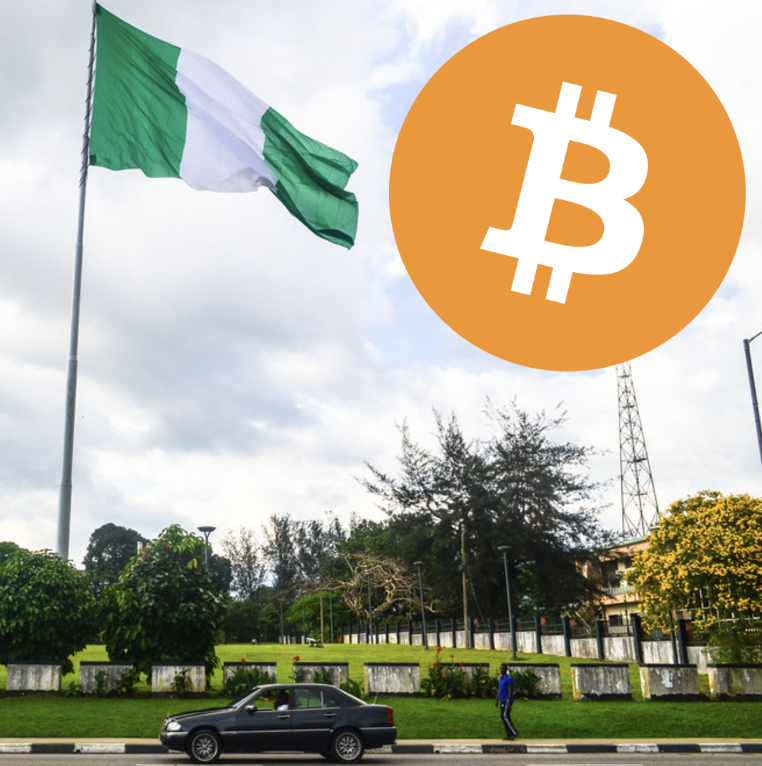Nigeria has witnessed a staggering $56.7 billion worth of Bitcoin and cryptocurrency exchanged in the past year, despite the Central Bank of Nigeria’s (CBN) ban on these digital assets. This significant surge in cryptocurrency activity has raised questions about the potential for alternative blockchain projects, such as the Pi Network, to gain traction among Nigerians.
https://twitter.com/BitcoinMagazine/status/1704515653594476751?t=QzKRLHHRDpoWu-Q2cIZ9gg&s=19
Nigeria, often referred to as the “Giant of Africa,” has become a hotbed for cryptocurrency activity over the past several years. Cryptocurrencies like Bitcoin have gained popularity among the Nigerian population, primarily due to their potential as a hedge against inflation and currency devaluation. However, the CBN’s stringent measures against cryptocurrencies have attempted to curb this growing trend.
Despite the regulatory crackdown, Nigerians have continued to trade and invest in cryptocurrencies, indicating a strong demand for decentralized digital assets. Many Nigerians view cryptocurrencies as a means to navigate economic uncertainty and escape the limitations of traditional banking systems.
One notable project that has garnered attention in this environment is the Pi Network. Pi Network, a cryptocurrency project launched in 2019, aims to provide users with a more accessible and eco-friendly way to mine and transact digital currency. Unlike Bitcoin, Pi Network employs a unique consensus algorithm called “Proof of Stake” that allows users to earn Pi coins by participating in the network’s activities.
The recent surge in cryptocurrency activity in Nigeria has provided a glimpse into the potential of projects like Pi Network. With its emphasis on accessibility and ease of use, Pi Network has attracted a growing community of users in the country. Its mobile app-based mining approach allows Nigerians to earn Pi coins on their smartphones, which has proven appealing in a country with high mobile phone penetration.
The Pi Network’s focus on environmental sustainability is also resonating with Nigerians concerned about the ecological impact of traditional cryptocurrency mining. Unlike the energy-intensive mining process associated with Bitcoin, Pi Network’s approach is more energy-efficient and eco-friendly.
While the CBN’s stance on cryptocurrency remains unchanged, the success of Bitcoin and other digital assets in Nigeria has highlighted the strong demand for decentralized finance solutions. The rise of projects like the Pi Network demonstrates the potential for alternative blockchain technologies to gain widespread adoption in the country.
As Nigeria continues to grapple with economic challenges and regulatory uncertainty, the cryptocurrency landscape remains a dynamic and evolving space. The $56.7 billion worth of Bitcoin and crypto traded in the past year underscores the resilience of Nigerians in pursuing financial opportunities outside the traditional banking system. It remains to be seen whether projects like Pi Network can capitalize on this momentum and offer Nigerians a viable alternative to traditional finance in the years to come. Continue Reading












